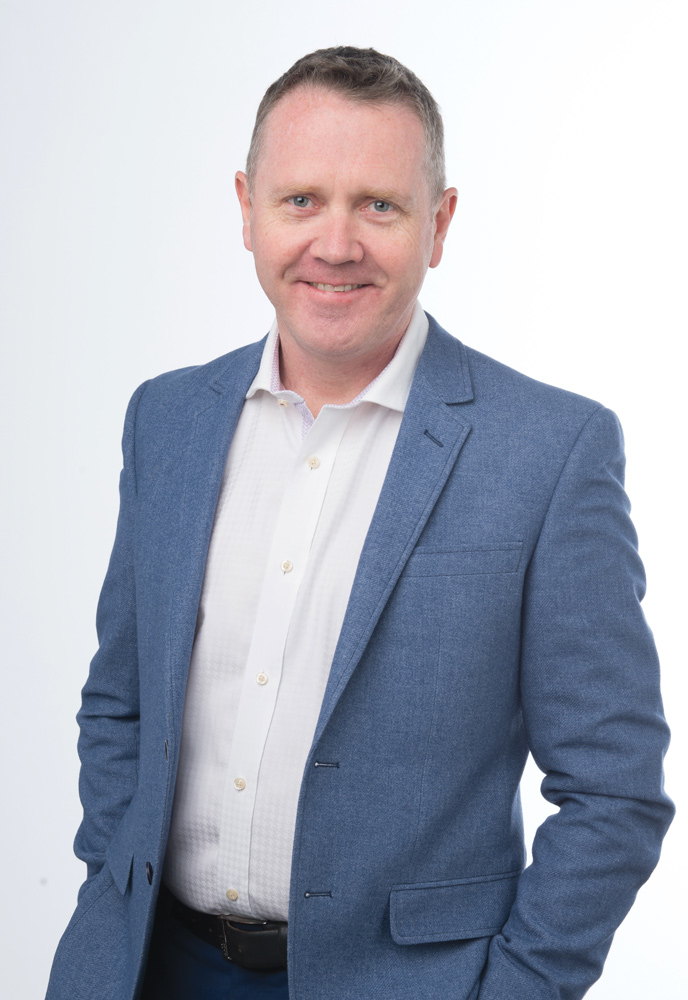 Former AMA (WA) president Andrew Miller has not been backward about coming forward with his views about how COVID has been managed. Here he reflects on lessons so far.
Former AMA (WA) president Andrew Miller has not been backward about coming forward with his views about how COVID has been managed. Here he reflects on lessons so far.
The most fundamental thing I have learnt since January 2021 is that pandemics are time-critical strategic information wars.

By this, I mean the spread of the disease throughout the community sets the tempo of the responses required, if we wish to modify the health outcome, which we of course have to, otherwise we would have excess mortality causing widespread health and economic chaos.
To decide the appropriate response, information comprises one half, values the other. Understanding the likely hospitalisation and fatality rate in different age groups came early but then there are differing attitudes deciding an acceptable death rate.
In balancing societal needs against individual needs, the usual cohorts that do badly in healthcare and economic outcomes are worse off than ever.
A lot of the subsequent arguments about controls, such as border closures, have been based mainly on these kind of value judgments, as infamously shown in Sweden’s early permissive approach to COVID spread that resulted in the King, no less, eventually apologising that nearly 8000 people died, while in neighbouring countries very few were lost.
There have been many attempts to present those approaches that differ from our usual ethical stance in health, which is to provide everyone with all reasonable treatments, even those who we know are going to die soon, as long as that treatment is not futile.
We know that preventing spread of COVID is not futile so we should do it for everyone, whether they are aged or diseased or anti-vax. COVID does not discriminate, neither should we.
How though, can we process information in a time-critical fashion when there is so much of it, especially in a social media world that can provide prominence to voices that are unscientific?
I am discriminating about the experts I listen to, and I am open to a variety of sources. This enables an open-minded person to rapidly filter information by saying, for example, what would Fauci or Peter Doherty or Raina MacIntyre or Lidia Morawska say? And with the marvel of Twitter, we can see the answer in real time.
I have gravitated toward a diverse group that have several criteria – authority and experience, a lack of conflicts, and a “leave no one behind” approach.
Eventually in 2021, a large group of these experts coalesced in Australia into OzSAGE (Oz Strategic Advisory Group of Experts) to provide independent advice. They are progressively releasing contemporary, locally applicable advice on all COVID-related topics, which provides a compass and counterbalance to the political voices.
Why is it an information war? There are competing objectives among those who influence the public health and economic responses to COVID. Naturally self-interest will drive advocacy for settings from government and other authorities. Health is only one voice at the Cabinet table.
There will be books written on why there was denial for so long that this is an airborne pandemic. Seeing aerosol engineering experts all over the world talked down to by medical professionals, who were clearly wrong and doubling down using appeals to authority, was extremely frustrating.
The suspicion remains that bureaucrats preferred a droplet dogma because of the ramifications of needing to provide clean air to make healthcare workers and everyone safe. We still see problems across Australia in getting masks, ventilation, CO2 monitoring and HEPA filtration right.
The pandemic arrived in Australia when general practice was already under-appreciated and under-funded, as with the public health system. There was no reserve into which patients needing triage, diagnosis and care could possibly fit in any great numbers.
Reliance on border controls, quarantine, elective procedure cancellations and lockdowns was required and each of these became a battle about specifics.
The false dichotomy of economy and health was demonstrated very early to be a hoax, but still for whatever reason we have had to battle again and again to remind politicians that, as cases go up, the economy goes down.
The UK, Denmark, the US and Singapore have all demonstrated what every frontline doctor knows, which is that if you allow Delta to spread when only 64% of humans (80% of over 16yrs) are vaccinated with two doses of a three-dose vaccine, there will a lot of disease and a load on systems ill-equipped to take more.
Burnout of the workforce has been ongoing and our permanent reliance on Ireland and the UK to staff our shortfall has been shown to be short-sighted.
The work to be done on vaccinating children under 12 and making sure that people understand airborne spread will continue, and the tools we have learnt to use in the past two years will become more organised.
In the end, obvious reality becomes undeniable, and we can only hope our democratic system is up to ensuring that leaders will do the best they can to save as many as we can. Like we do for every other disease every day.

